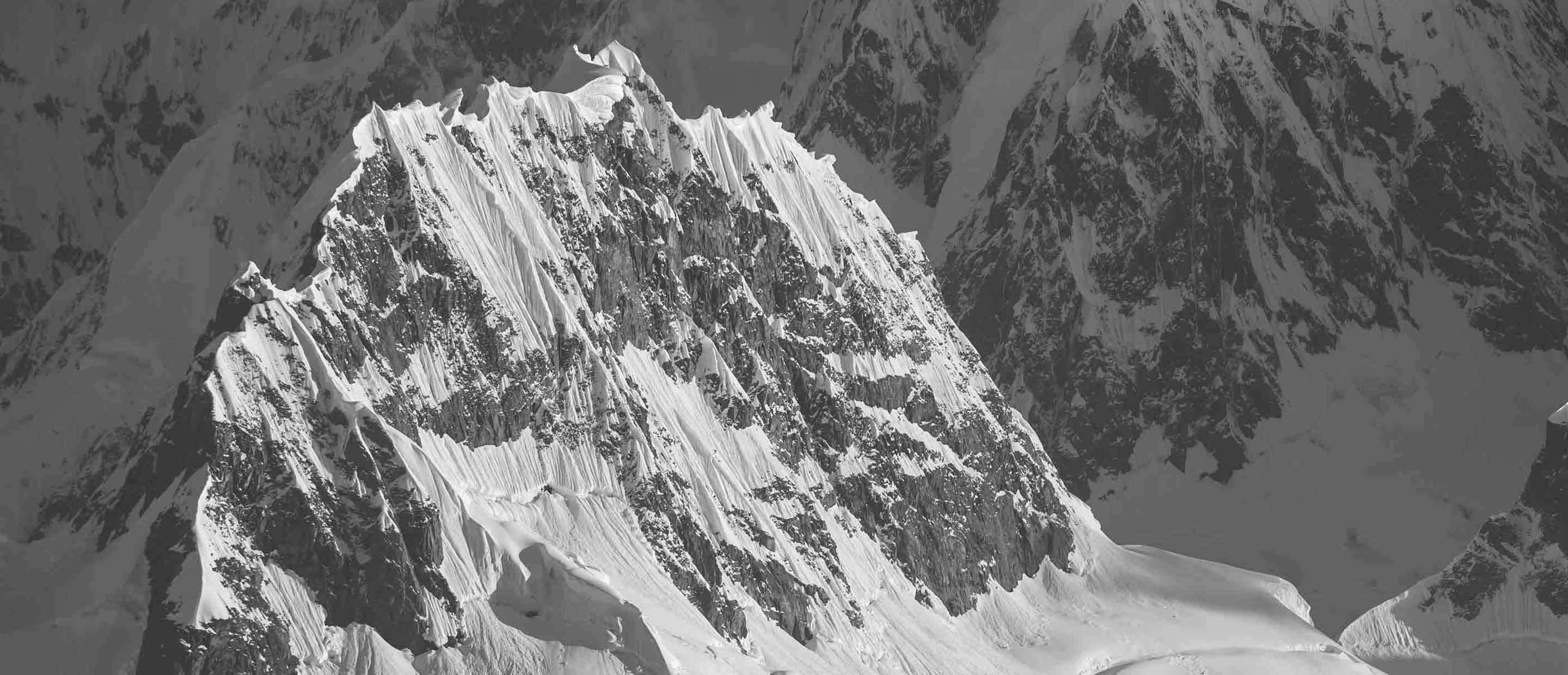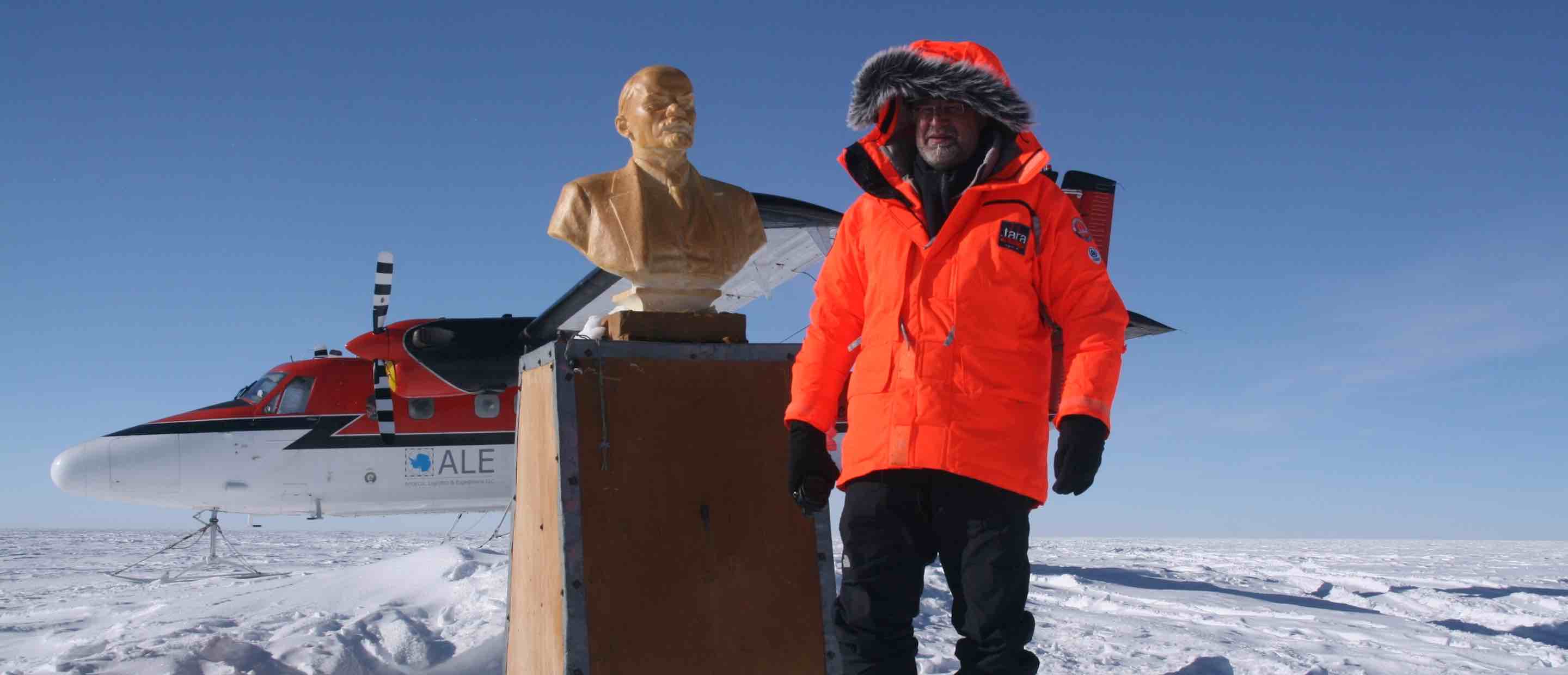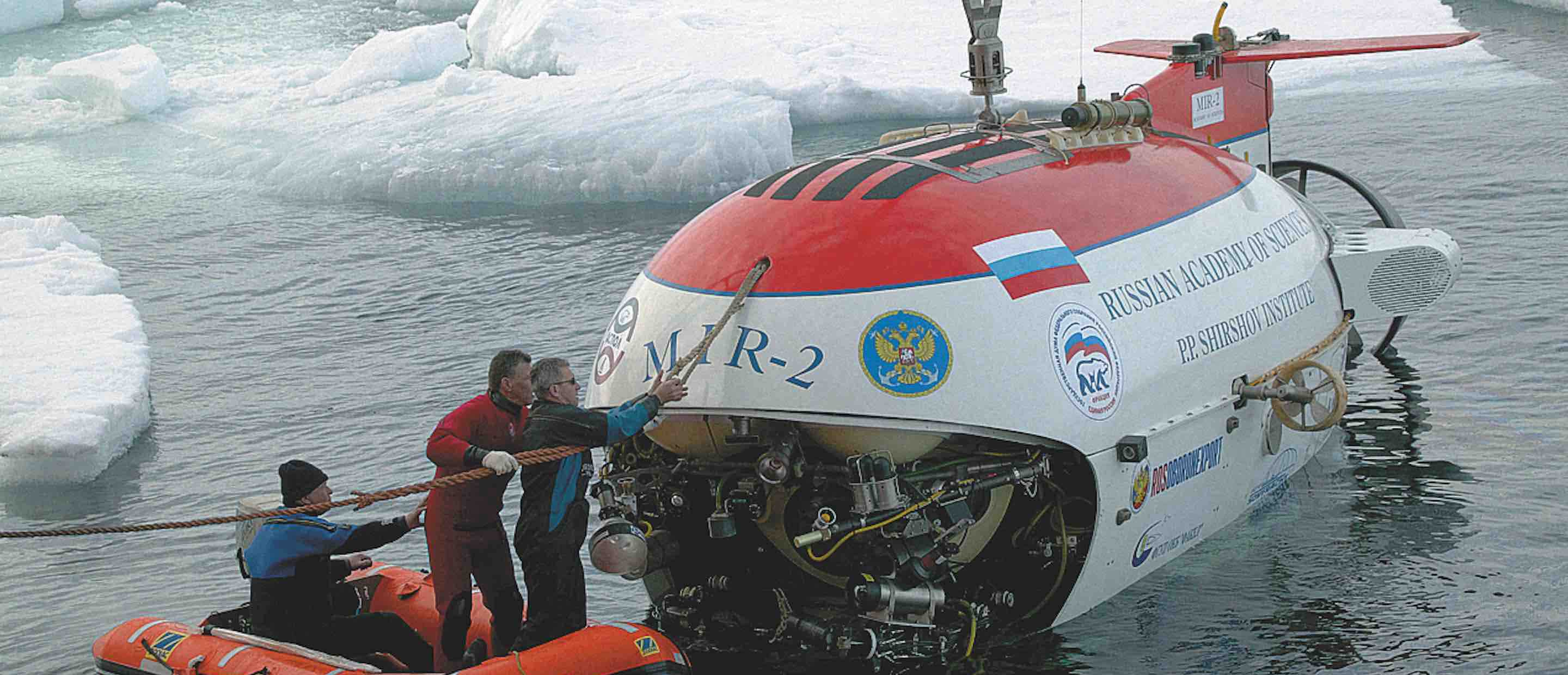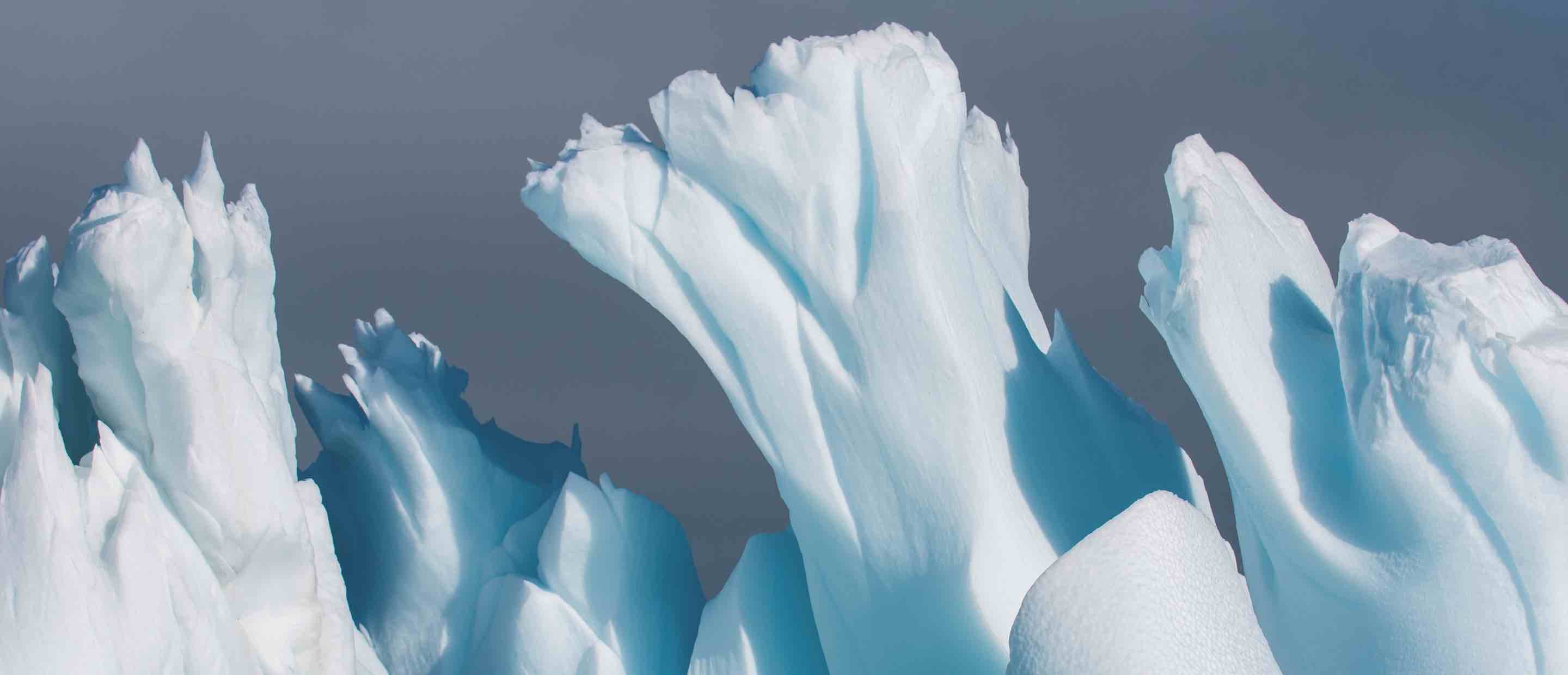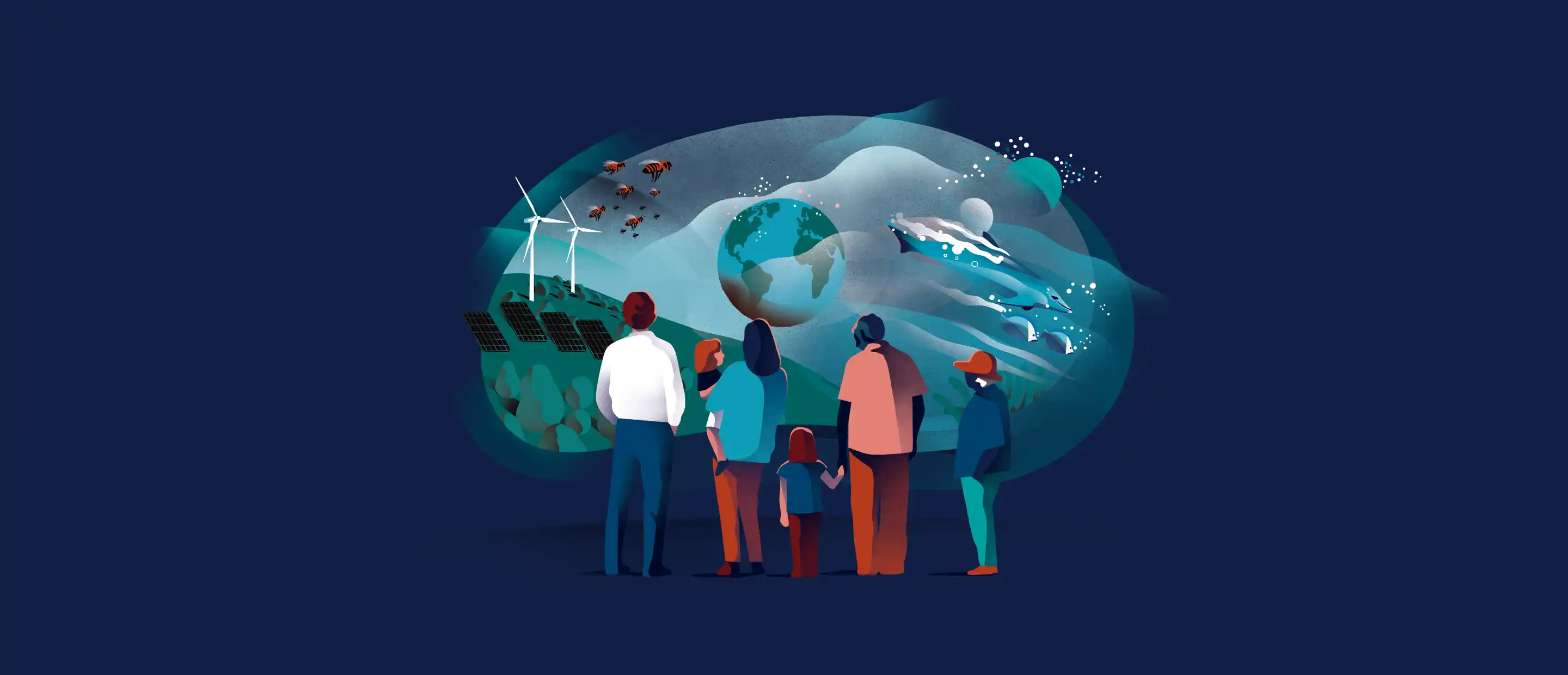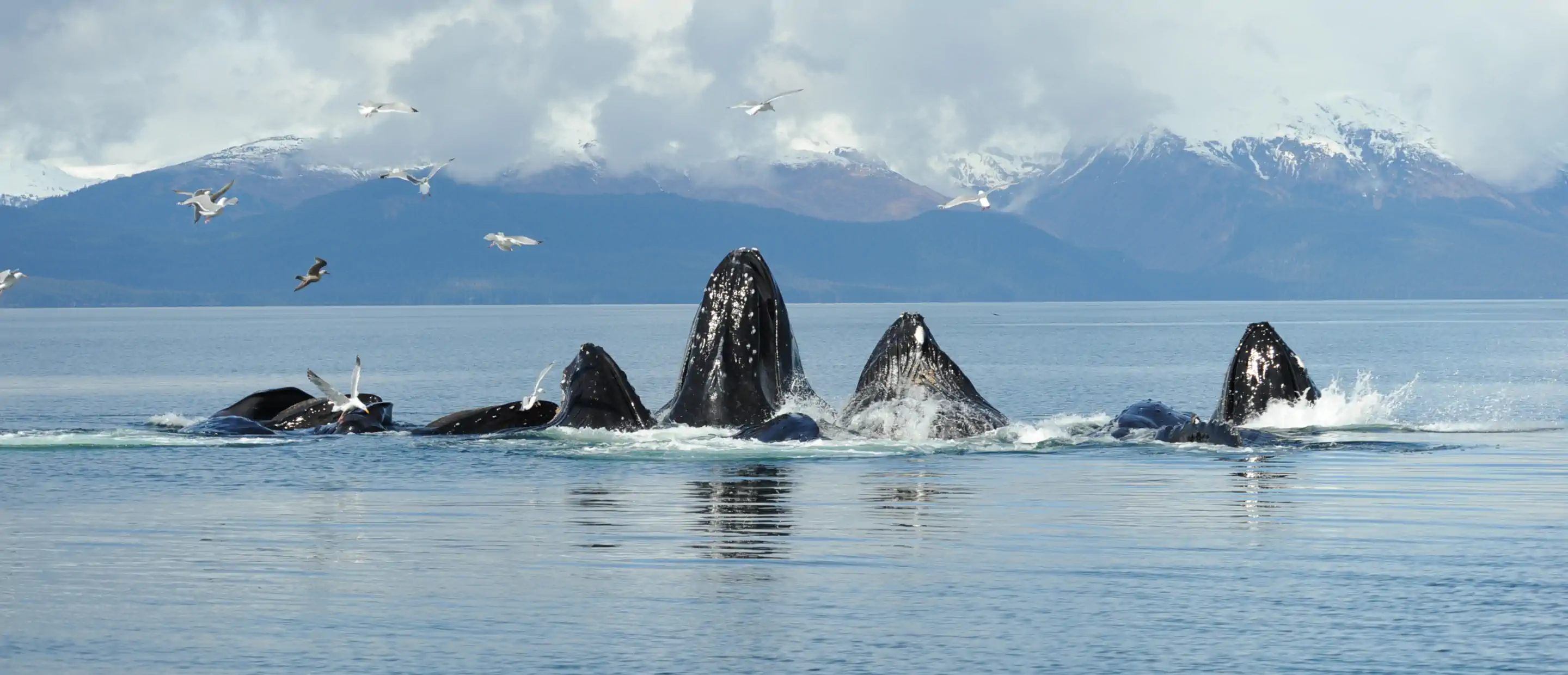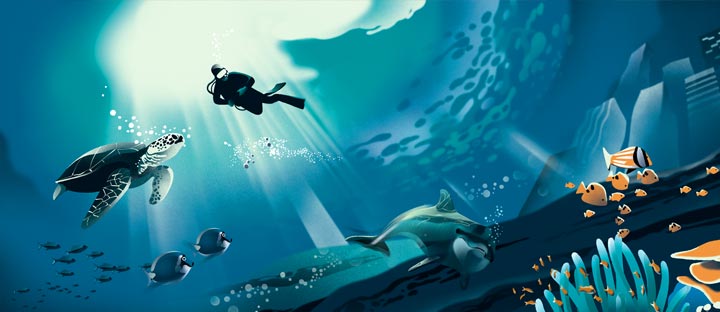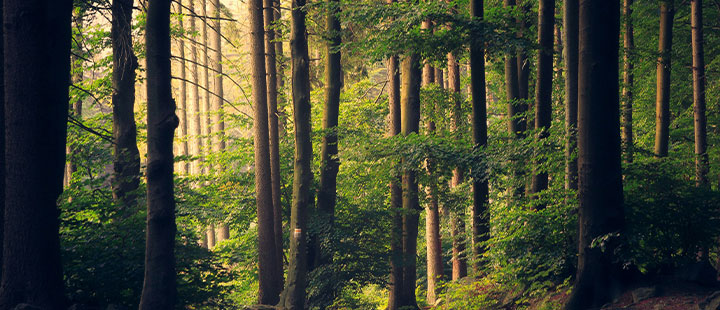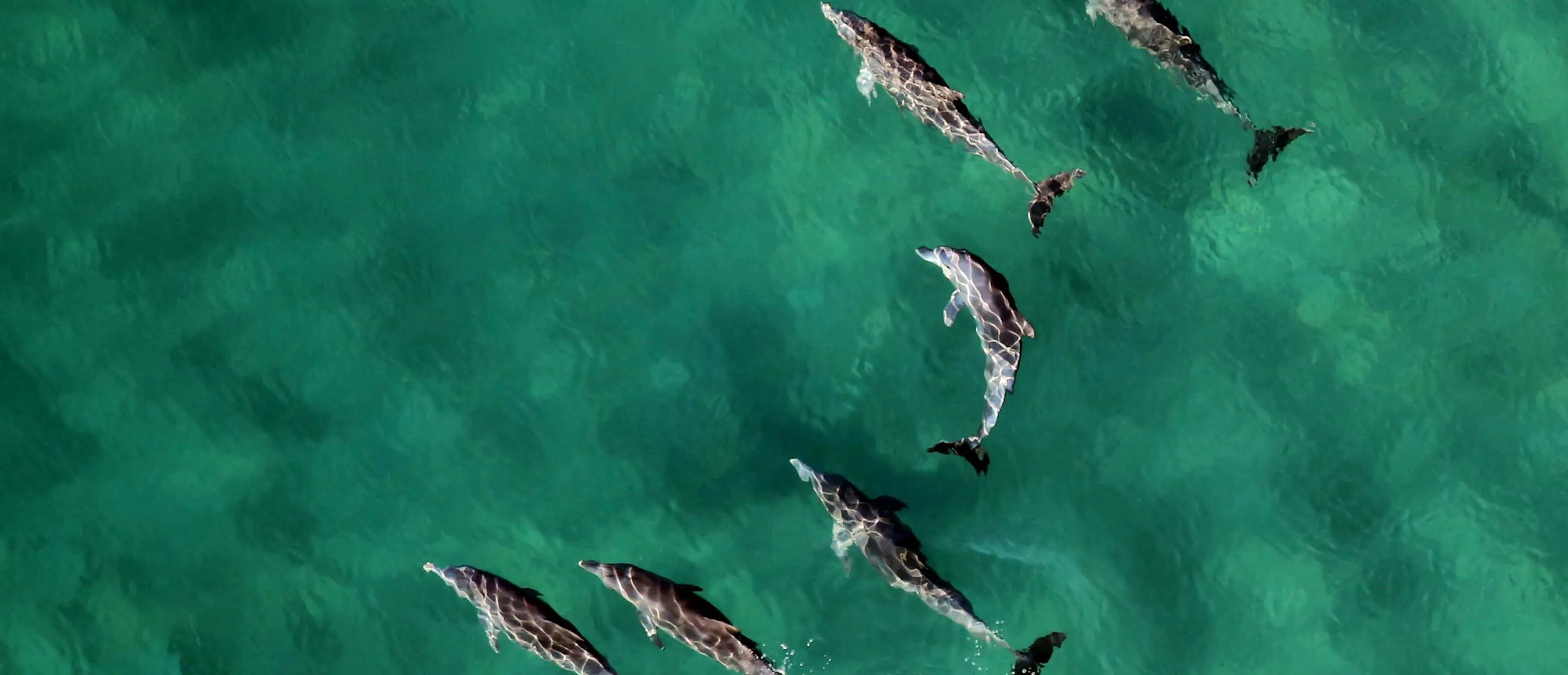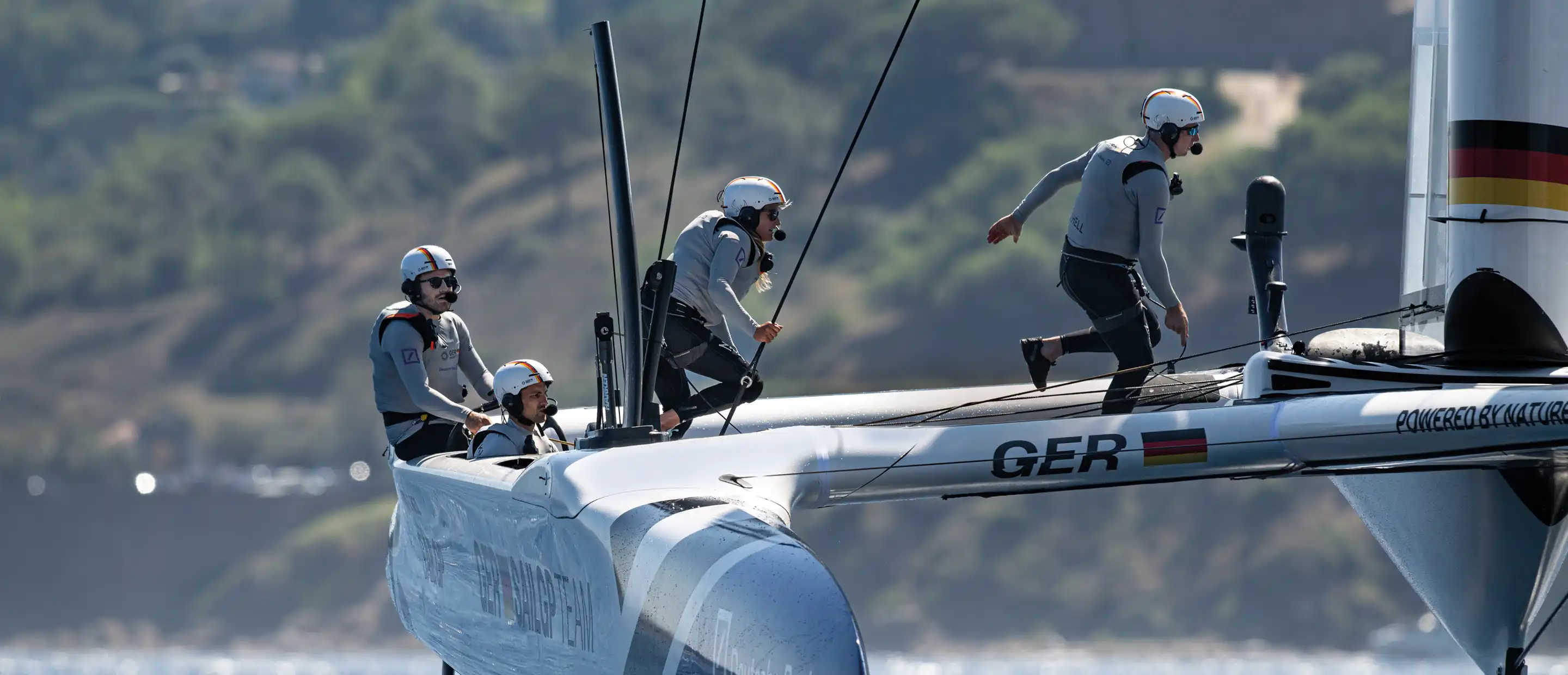Self-made billionaire Frederik Paulsen, chairman of biotech giant Ferring, is on a mission to support our planet and our oceans. LUX magazine meets the multifaceted Swedish explorer in his offices in Switzerland.
Frederik Paulsen has had what might be called the mother of all portfolio careers. He has built the family pharmaceutical business into a multibillion-dollar concern, started up a wine and spirits business operating on several continents and funded fertility clinics in Russia.
He is also one of the world’s most significant explorers. In 2013, he became the first man to stand on all eight poles (geographic, magnetic, geomagnetic and inaccessibility), and he is now using his expeditions to support and fund a generation of researchers working on the challenges facing our planet and oceans.
Paulsen is speaking to LUX in the spectacular global headquarters of Ferring, near Lake Geneva in Switzerland. The boardroom where we sit is lined with books on adventure travel, including his own, from Editions Paulsen, his Parisian publishing house (“a hobby,” he says). There is a view of forests and mountains out of the picture windows. Later, he buys us lunch in his staff canteen, where immaculate servers offer sculpted portions of food worthy of a Scandi-chic restaurant.
In 2007, Paulsen and five friends dived in a pair of Russian submersibles to the point on the planet that is closest to the centre of the earth – 14,114 feet directly beneath the ice cap at the North Pole – to gain an understanding of ground never previously explored. He has worked with scientists to investigate a series of wave deformations across Lake Baikal’s surface and was the man behind the Antarctic Circumnavigation Expedition, a project run by the Swiss Polar Institute (of which Paulsen is a founding member) to gather data on the impact of climate change in the Southern Ocean.
Paulsen is also an Ocean Elder – one of 23 global leaders who have come together to use their collective influence to protect our marine worlds. Fellow Elders include the primatologist and pioneering environmentalist Dr Jane Goodall, Jean-Michel Cousteau (son of Jacques), renowned marine biologist Dr Sylvia Earle, CNN founder Ted Turner, Sir Richard Branson, and director of Titanic and deep-sea explorer James Cameron.
The idea for Ocean Elders was born on the 2010 Mission Blue voyage to the Galapagos Islands, a ‘conference at sea’ attended by more than a hundred scientists, policy makers, business leaders, philanthropists and entertainment figures. The first of its kind, the event aimed to fulfil a wish expressed by Earle in her TED Prize acceptance speech in 2009: “I wish you would use all means at your disposal – films, expeditions, the web, new submarines, campaigns – to ignite public support for a global network of marine protected areas, Hope Spots [places critical to the ocean’s health] large enough to save and restore the ocean.” Inspired by Earle, venture capitalist Gigi Brisson founded Ocean Elders to connect those with deep scientific knowledge with people who could amplify it.
Today, the organisation sees its role as acting as a voice for the ocean, which has an increasingly desperate need for defence against society’s continuing perilous actions. Ocean Elders, Paulsen explains, “meet regularly and actively to lobby governments and international organisations in order to influence their policy.” They also assert the principle that the decisions we make today should lead to a sustainable world seven generations into the future.
Later in 2021, Paulsen intends to explore the Pantanal. “I’ve always dreamt of visiting,” he says. “It’s known as the ‘other Amazon of Brazil’ and is located on the eastern part of the Andes. It’s an extraordinary place, where many of the rivers that flow into the Río de la Plata originate. There’s a lot of development set to take place there, so now feels like an opportune time to visit before it’s too late.” The wetland, he says, is under threat from both infrastructure development and untreated waste pollution, both of which will destabilise the regional ecosystem that is currently considered a sanctuary of biodiversity.
There are also plans in the autumn for Paulsen and his team to take part in a joint scientific cruise around the jewels of the Russian Arctic, the archipelagos of Novaya Zemlya, Franz Josef Land and Severnaya Zemlya. “We also have a mission around Greenland with the Swiss Polar Institute,” Paulsen says. “That was booked in for 2020 but was cancelled. After that, we might cross the Atlantic in a hot air balloon in September. Then it’s back to Antarctica for an exploration of the coast.
“There are many places in Antarctica where I haven’t been,” he adds, despite the fact that he’s visited annually for the past 15 years. “The Antarctic mountain chain is one of the last places on Earth where there are stretches of land that have never been visited, mountains that have never been climbed. That would be paradise for me. Another place that I think is under-explored is northern Canada. Going down the Saint Lawrence River, for instance, is something I would love to do. Life is too short.”
This article first appeared in the Summer 2021 issue of LUX Magazine, in the third in a series of Deutsche Bank Wealth Management/LUX supplements about our ocean and its importance to both the environmental and economic wellbeing of the planet.
